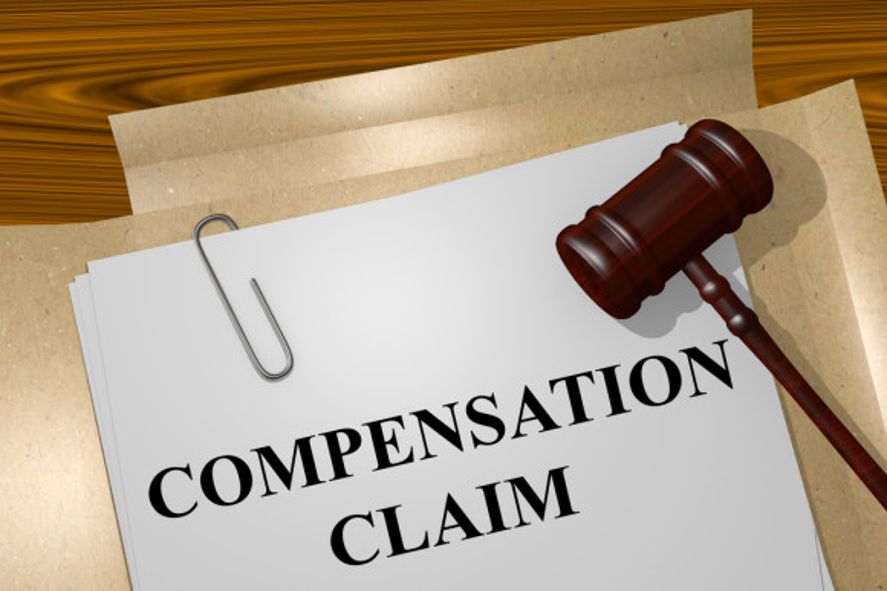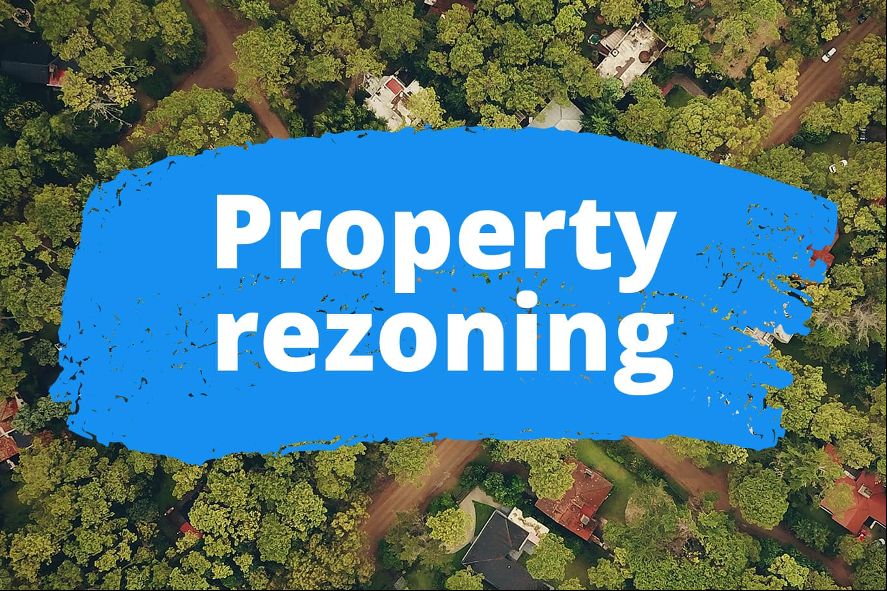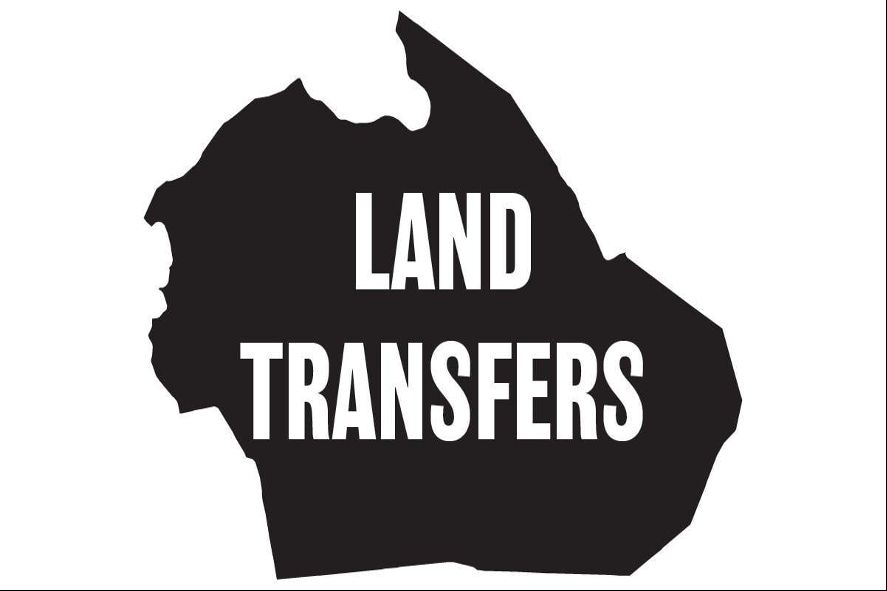So, you've worked hard to buy a piece of land, and it's one of your proudest achievements. But what happens when the government comes knocking, saying they need your land for public development? Don’t panic! Whether it's for infrastructure development, road construction, or urban expansion, it's a situation many landowners face.
The good news is that the process doesn’t have to be overwhelming. Here's your step-by-step guide to understanding land expropriation, government land acquisition, and fair compensation.
1. Review the Government Appraisal for Your Land

Before any land acquisition takes place, the government is legally required to conduct a formal land appraisal. This is to determine the value of your land, taking into account factors like its location, size, and what’s on the property, such as buildings or crops.
What to Do: Carefully review the appraisal to ensure it’s accurate. If there are any discrepancies in the size or value, consider hiring a land surveyor or real estate lawyer to verify the details. This appraisal will form the basis of the compensation you’ll receive, and if you disagree with it, you have the right to negotiate.
2. Negotiate for Fair Compensation

Land is an appreciating asset, meaning its value increases over time. Therefore, the compensation the government initially offers may not be the best one.
Negotiating the Compensation: Always negotiate for a better payout, especially if your land is in a high-demand area (such as near roads or commercial projects). The government’s initial offer may be based on standard valuations, but you can request a higher amount if the land holds more value.
Hiring a Lawyer: It’s wise to consult an experienced real estate lawyer to help you navigate this process and ensure that you receive a fair settlement. A lawyer can assist with legal formalities and ensure your rights are protected throughout the land acquisition process.
3. Understand What the Government Plans to Do with Your Land (Rezoning)

Before accepting any offer, it’s important to understand how the government plans to use the land. This is known as land rezoning. The government may need your land for various public projects, such as roads, schools, or housing developments.
Compensation Based on Land Use: Compensation rates differ depending on the intended use of the land. For example, if the government plans to build roads, compensation may be higher compared to a project like a shopping center.
Stay Informed: Keep in touch with local authorities or the National Land Commission (NLC) to understand the potential rezoning of your land and the compensation you are entitled to.
4. Legal Protection and Rights for Landowners in Kenya

As a landowner in Kenya, the government is legally bound to offer fair compensation when acquiring your land. The Kenyan Constitution ensures that you have certain rights during the acquisition process, including the right to contest the government’s valuation if it doesn’t seem fair.
Know Your Legal Rights: If you’re uncertain about your rights, consult a property lawyer to guide you through the legal steps. They will help you navigate the land acquisition process and ensure your interests are protected.
5. Finalizing the Compensation and Land Transfer

Once the compensation is agreed upon, the next step is signing the compensation agreement and transferring ownership of the land to the government.
Role of the National Land Commission: The NLC ensures that all land acquisitions are done fairly and that you are compensated promptly. Be sure all paperwork is complete before signing.
Title Deed Transfer: Once the title deed is transferred to the government, you no longer have rights to the land. Make sure all terms are understood and agreed upon before the transfer occurs.



